Technology industry changes: Will the strategy to take down Microsoft work for Apple?

09:21 23/03/2024

3 phút đọc
The US government’s antitrust case against Apple builds on a key precedent from 1998 that broke Microsoft’s grip on desktop software. However, this may not be completely suitable to solve the problem of competition in the smartphone market.
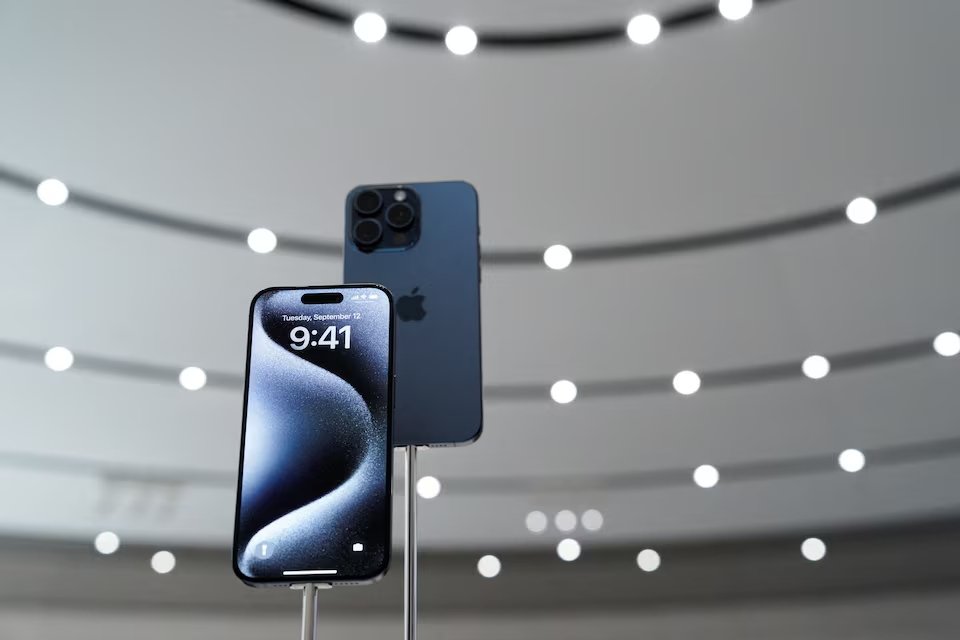
Photo source: Reuters
According to legal experts, the iPhone market today looks very different from the almost complete monopoly of Microsoft’s Windows operating system two decades ago. As a result, the government may find it more difficult to confront Apple.
The Department of Justice, along with 15 state governments, has accused Apple of illegally monopolizing the smartphone market through restrictions on app developers that limit choice and creativity, and forcing consumers to pay higher prices. Apple believes that the government is wrong about the facts and the law.
According to some legal experts, the government must prove that Apple’s business practices are a “monopoly” and harm consumers by reducing the quality of competitors’ products.
The government accuses Apple of suppressing technologies that could increase competition among smartphones in five areas: “super apps,” cloud streaming gaming apps, messaging apps, watches smart and e-wallet.
One example the government gave should be familiar to anyone texting from an iPhone to an Android user – the dreaded “blue bubble” leads to interferences such as images sent via text messages being out of focus, which is not the case. occurs when texting between two phones using Apple’s iOS operating system.
Antitrust enforcers say Apple is rapidly expanding its influence and power in industries including content creation and financial services.
By comparison, Microsoft is accused of abusing its dominant market position to prevent users from freely installing software on computers using the company’s operating system.
That might seem similar to Apple’s control over the App Store, but legal experts say there are important differences.
Legal experts say Apple can contract with whoever it wants and design the product the way it sees fit.
Douglas Ross, an antitrust law scholar at the University of Washington School of Law, said the problem becomes intractable when a company with monopoly power takes steps to reduce short-term profits to squeeze out rivals. compete in the long term.
“The Justice Department’s underlying assumption seems to be that Apple must cooperate with competitors to allow competitors to compete with Apple. That goes against antitrust law,” Ross said.
Microsoft was forced to open its operating system because it held 95% of the desktop computer market share in the 1990s. Meanwhile, according to Canalys, a market analysis company, Apple only accounted for 55% of the North American smartphone market as of the end of September based on shipments, the rest were mainly phones using the operating system. Google’s Android.
The US Department of Justice is seeking to define the market as the smartphone market in the US. Apple representatives said they will try to convince the court to define the market as the global smartphone market.
According to Canalys data, Apple and rival Samsung Electronics (005930.KS) each have about 20% global market share in 2023, although Apple slightly surpasses Samsung in shipments.
“Microsoft is clearly a monopoly and has no effective competitors in the PC operating system space,” Mr. Ross said. Android, on the other hand, is “very popular, especially in other countries around the world, and is a very effective competitor to iOS.”
Mr. Ross predicts that it will be more difficult for the Justice Department to win against Apple than against Microsoft. Some of these allegations have been brought before the courts.
In 2021, in an antitrust lawsuit brought by “Fortnite” – Epic Games, a federal judge ruled after trial that Epic failed to prove Apple users were “locked” to iPhones and did not switch to Android devices. Of course, government lawyers knew these differences and brought the case anyway.
Legal experts said that reflects the views of the Biden administration’s Justice Department and Federal Trade Commission on challenging the lawsuits.
“They’re willing to take the risk of a really big lawsuit,” said plaintiffs attorney Patrick McGahan, whose firm is involved in lawsuits against Apple.
Washington-based litigator Melissa Maxman said the Microsoft case changed the technology landscape and praised the government’s lawsuit as a step toward tougher competition in the smartphone market.
“If you open up the market to other competitors, you will see prices go down and quality go up,” Maxman said. “That’s exactly what was said in the Microsoft lawsuit – and guess what, it came true.”
Bài viết liên quan
Palm Mini 2 Ultra: Máy tính bảng mini cho game thủ
Robot with smart grip
NASA’s goal of conquering the Sun
Apple launches a new feature that makes it easier to use your phone while sitting on vehicle
Google Photos launches smart search feature “Ask for photos”
Roku streams live MLB baseball games for free
Gun detection AI technology company uses Disney to successfully persuade New York
Hackers claim to have collected 49 million Dell customer addresses before the company discovered the breach
Thai food delivery app Line Man Wongnai plans to IPO in Thailand and the US in 2025
Google pioneered the development of the first social networking application for Android
AI outperforms humans in gaming: Altera receives investment from Eric Schmidt
TikTok automatically labels AI content from platforms like DALL·E 3
Dell’s data was hacked, revealing customers’ home address information
Cracking passwords using Brute Force takes more time, but don’t rejoice!
US lawsuit against Apple: What will happen to iPhone and Android?
The UAE will likely help fund OpenAI’s self-produced chips
AI-composed blues music lacks human flair and rhythm
iOS 17: iPhone is safer with anti-theft feature
Samsung launches 2024 OLED TV with the highlight of breakthrough anti-glare technology

REGISTER
TODAY
Sign up to get the inside scoop on today's biggest stories in markets, technology delivered daily.
By clicking “Sign Up”, you accept our Terms of Service and Privacy Policy. You can opt out at any time.



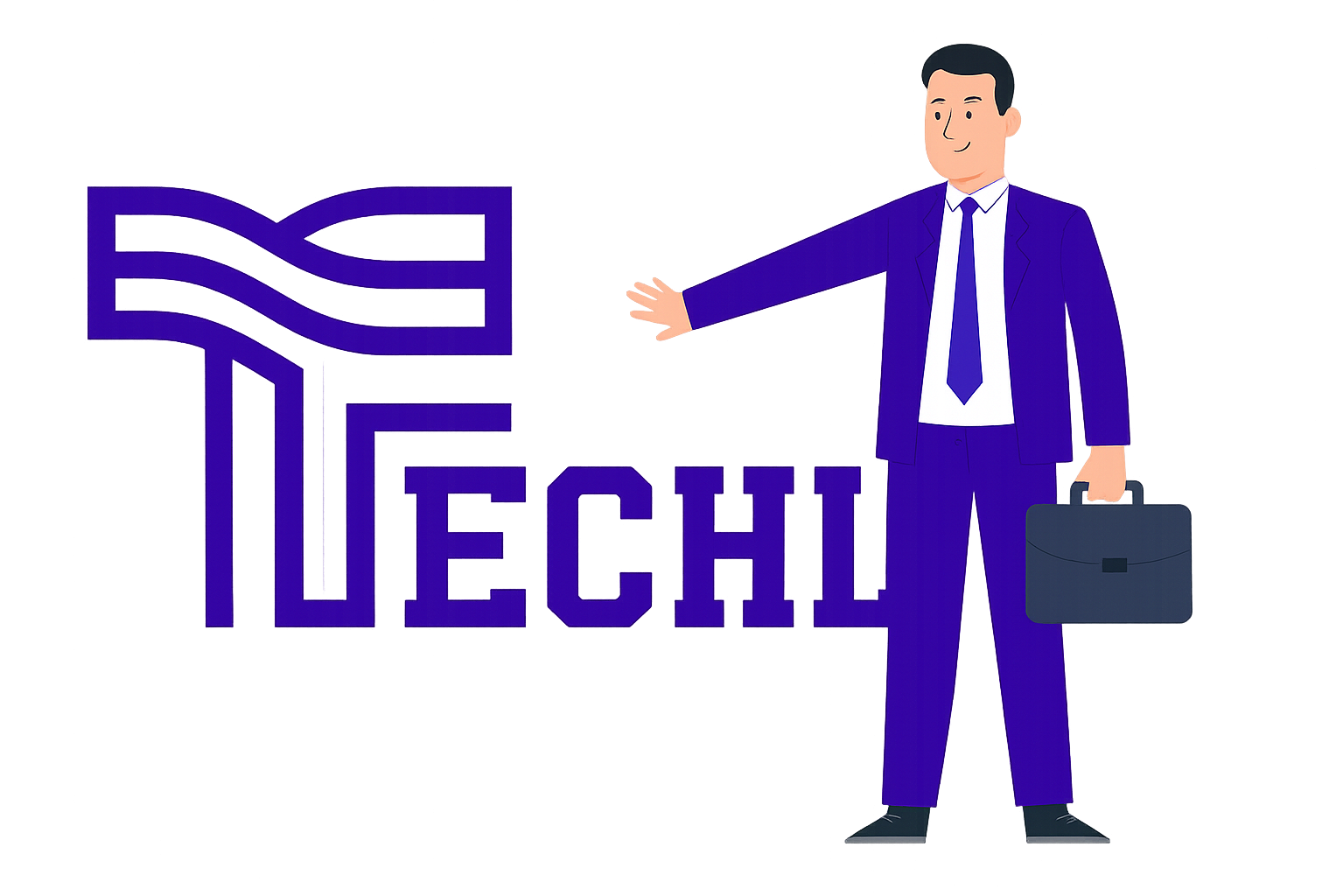







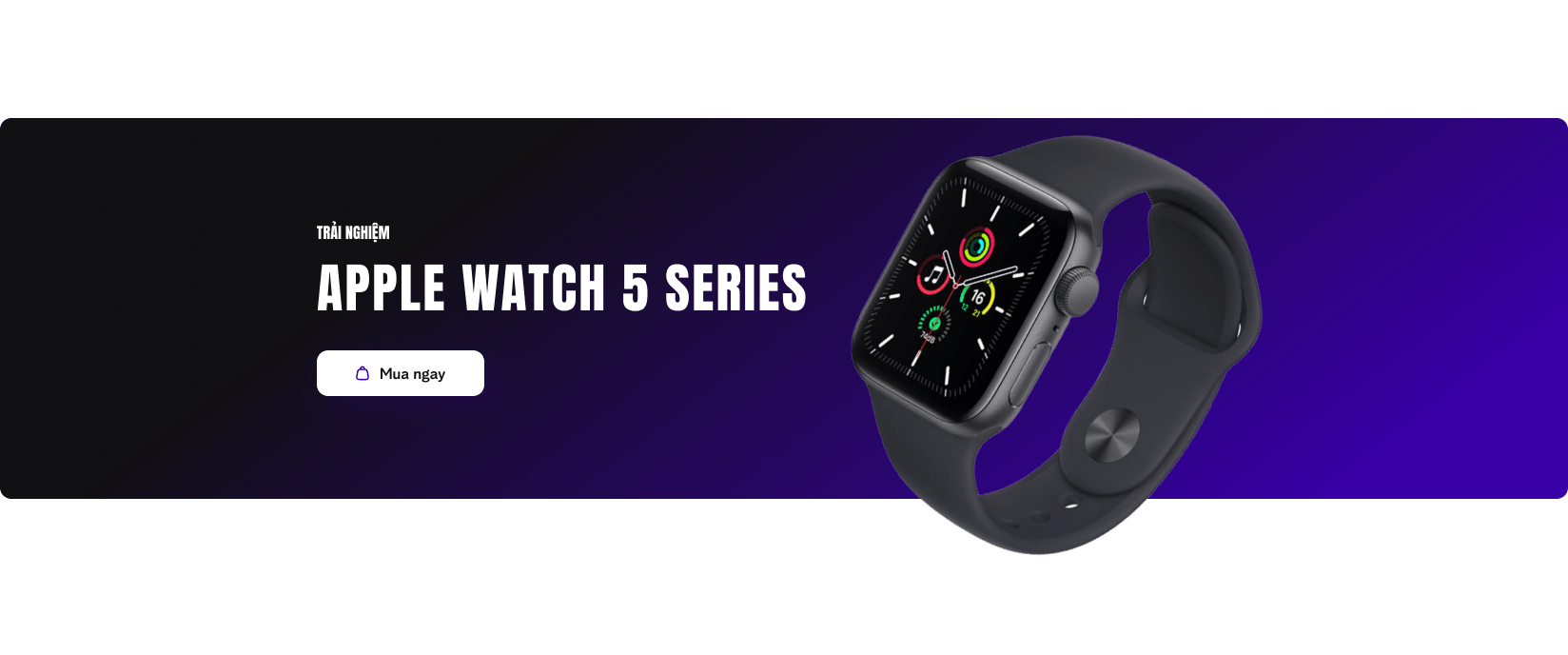



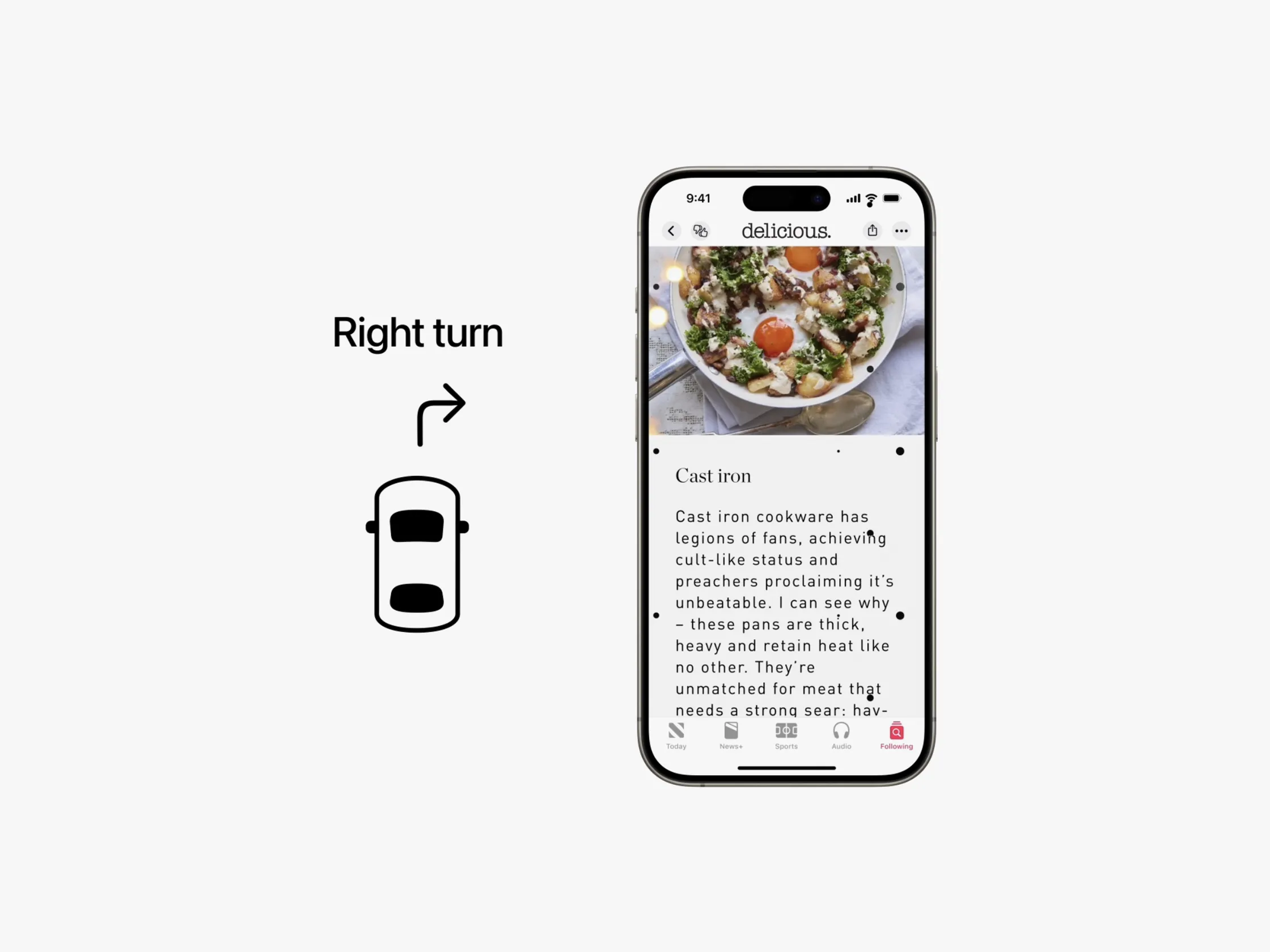
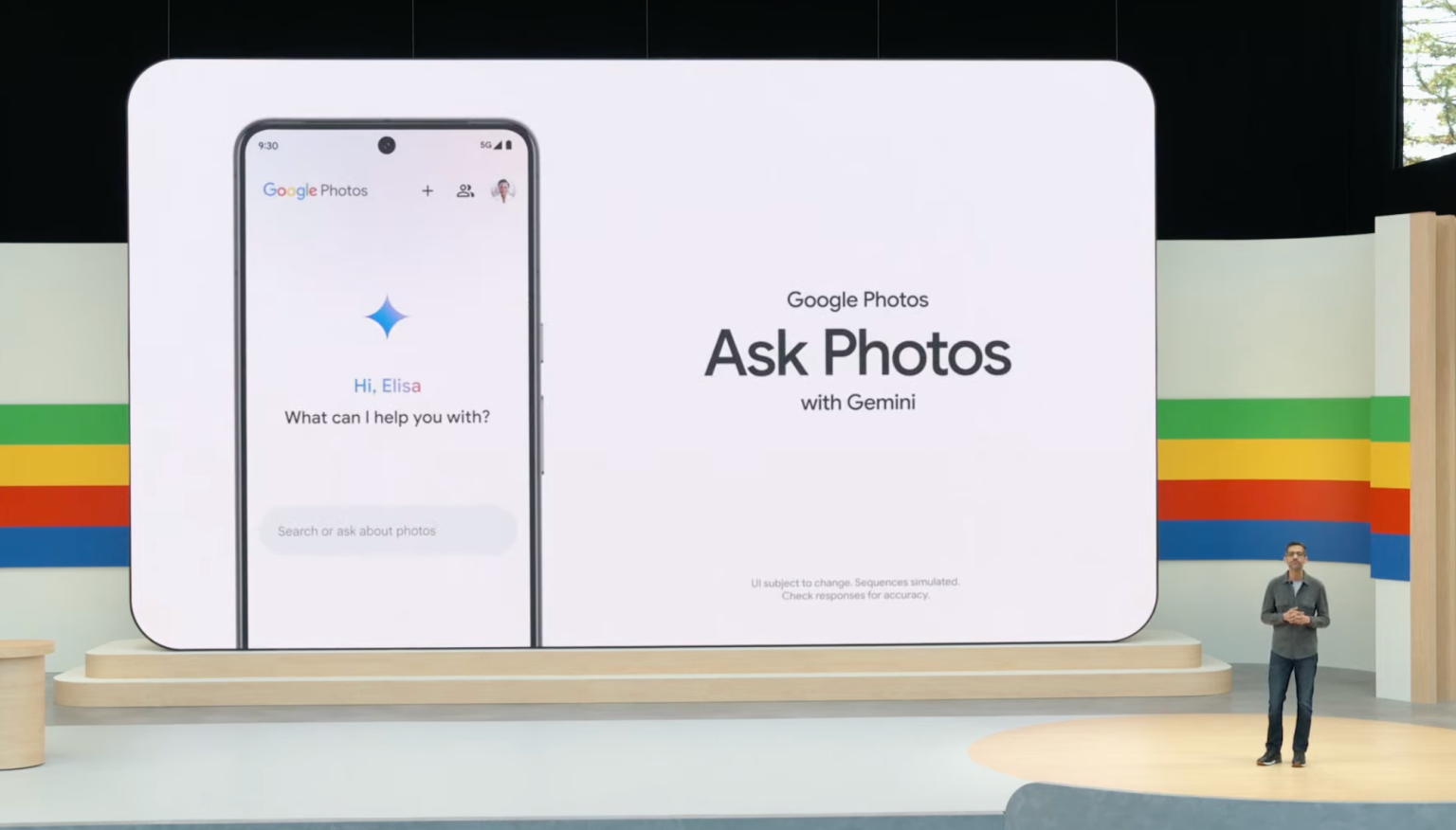


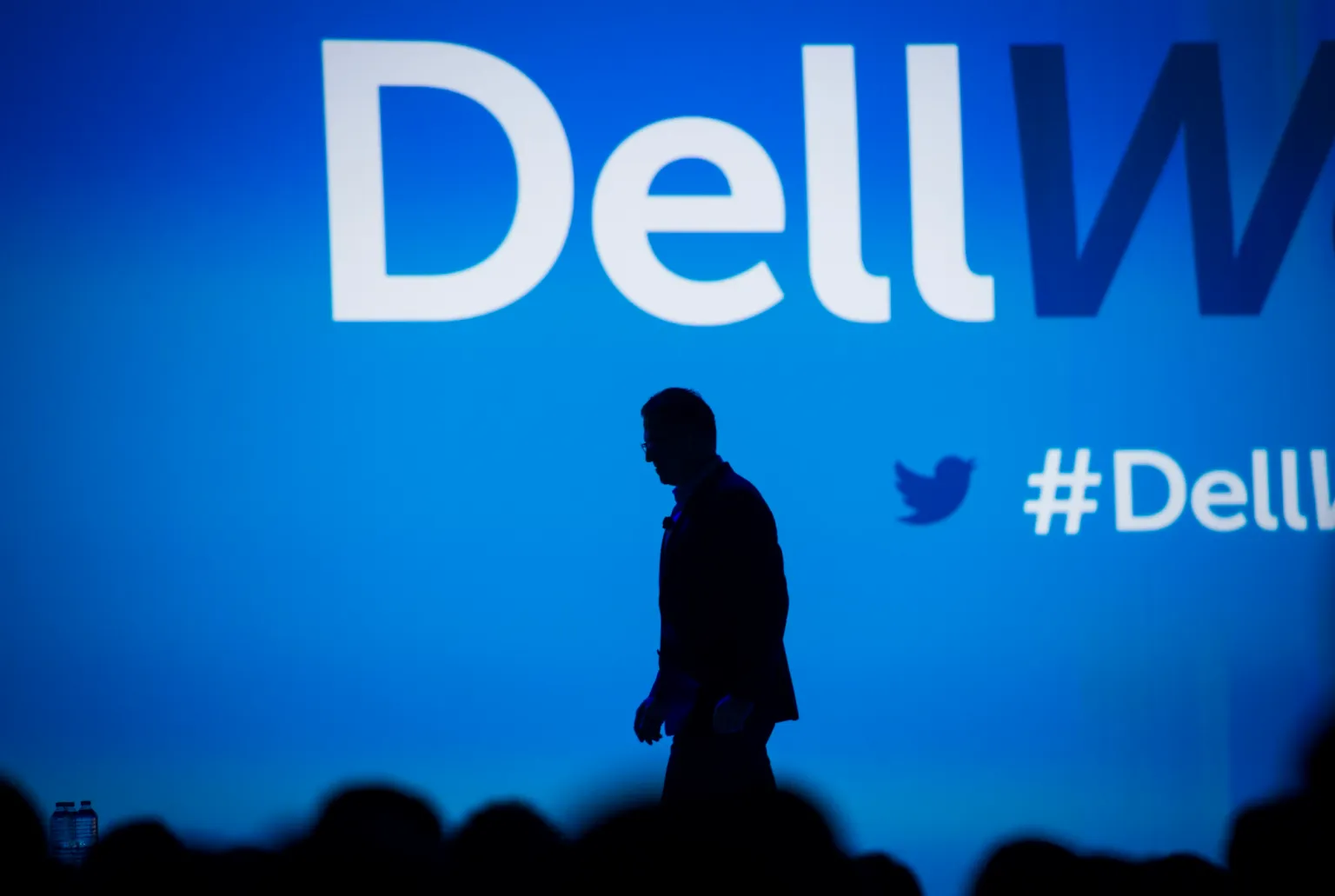

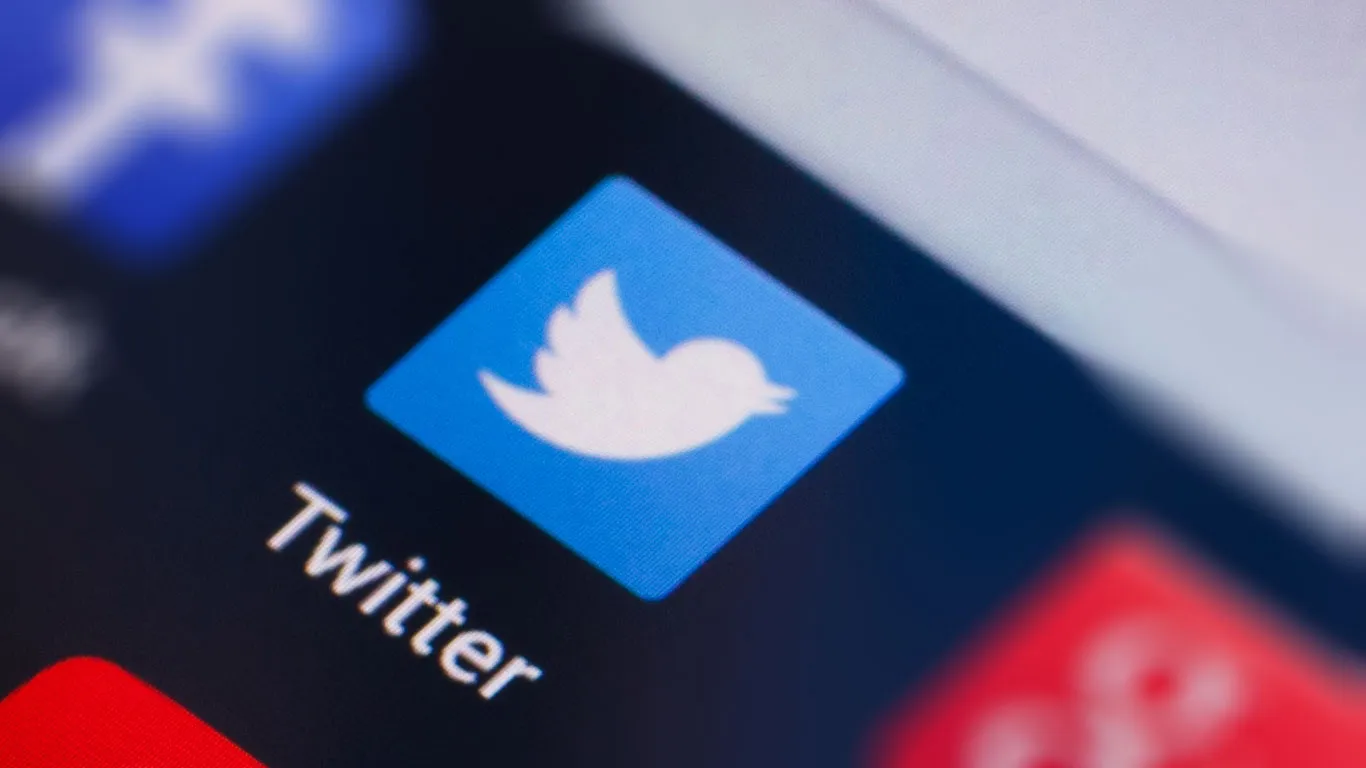

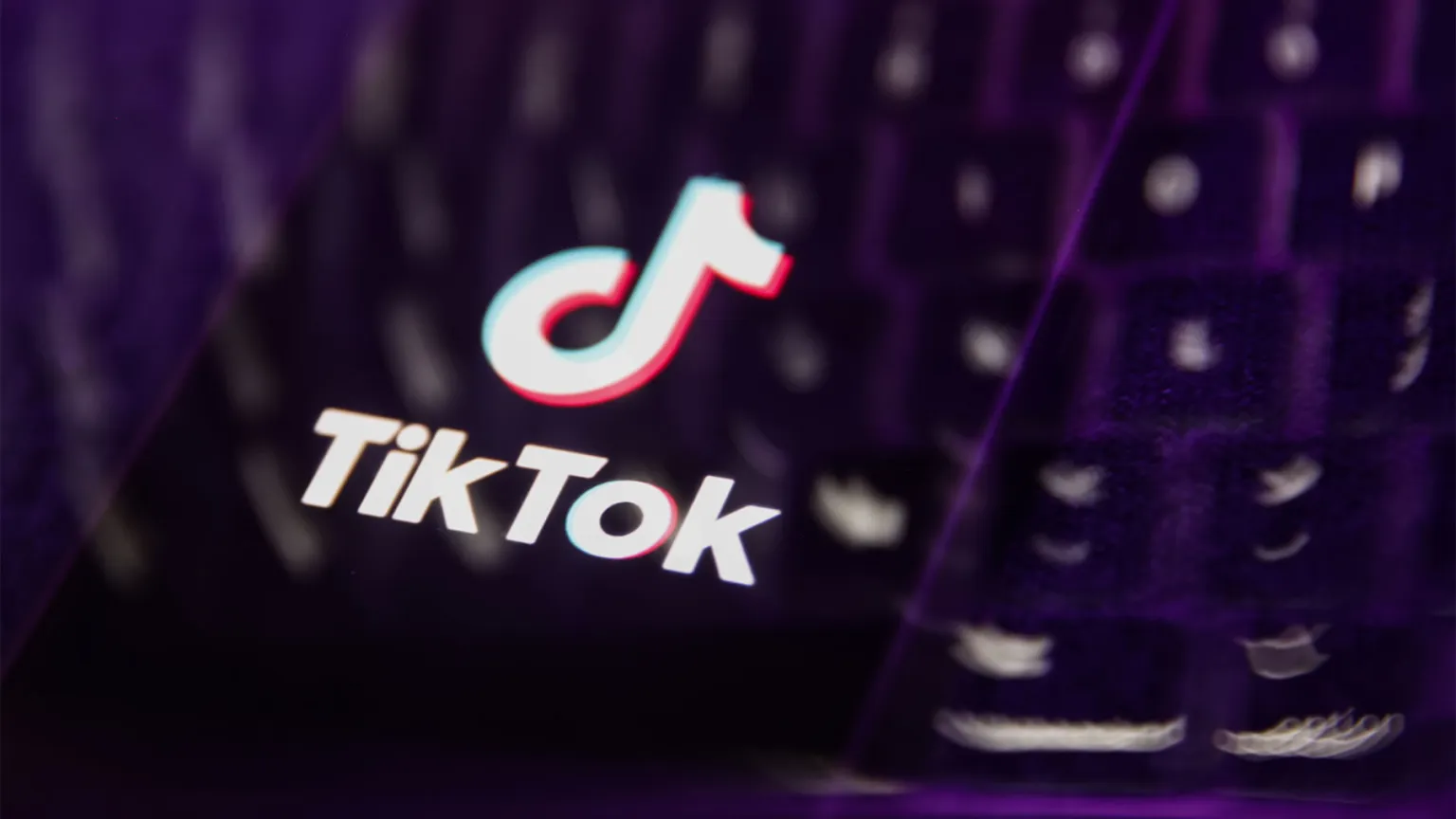
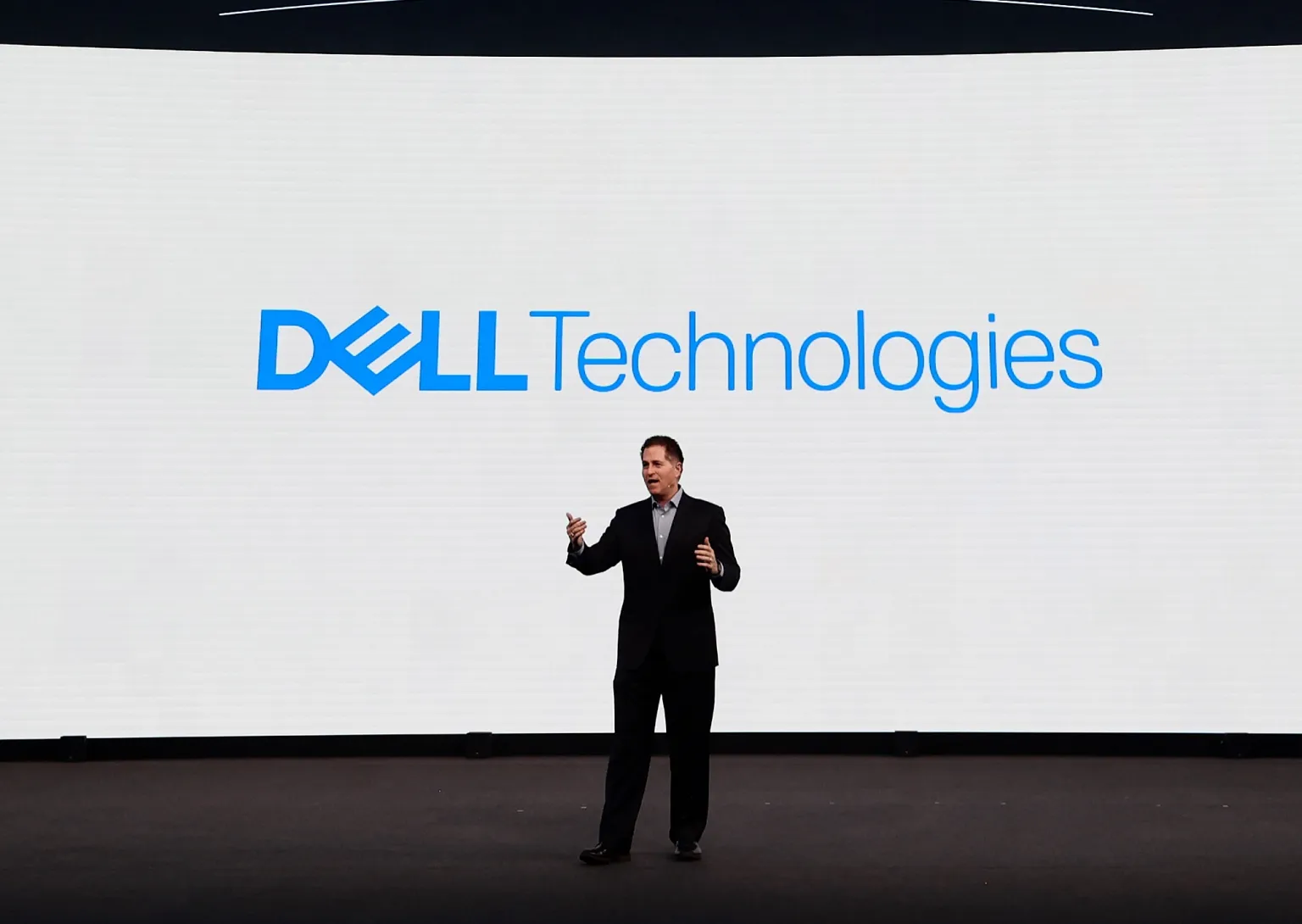

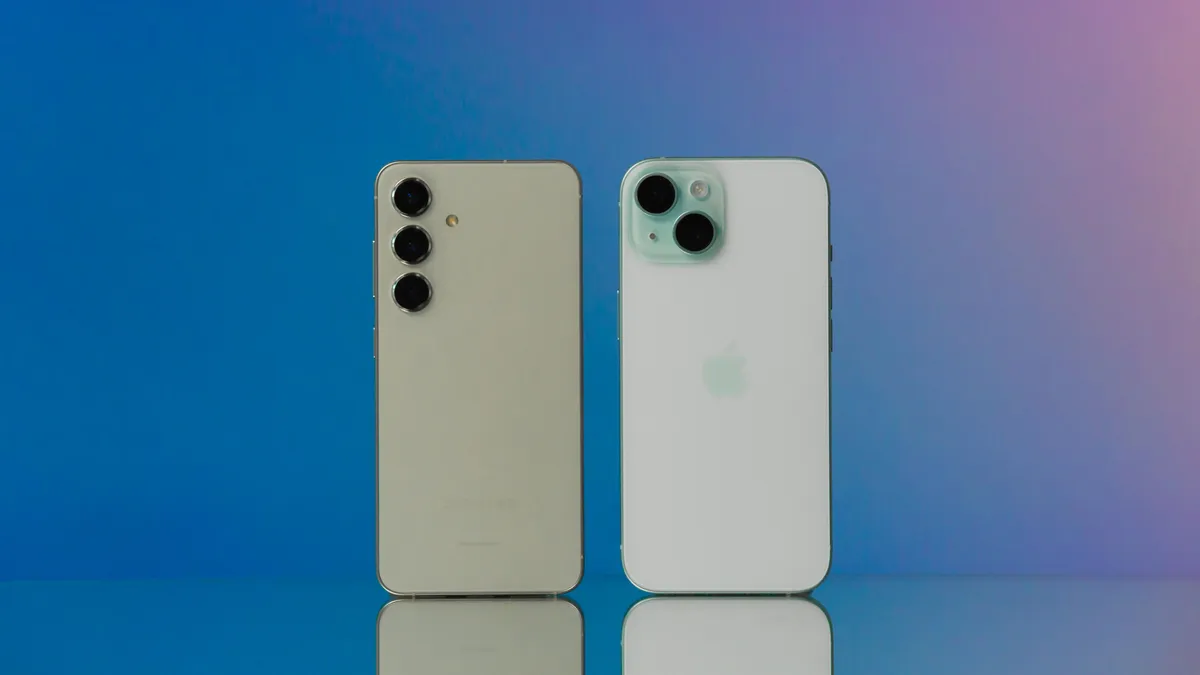


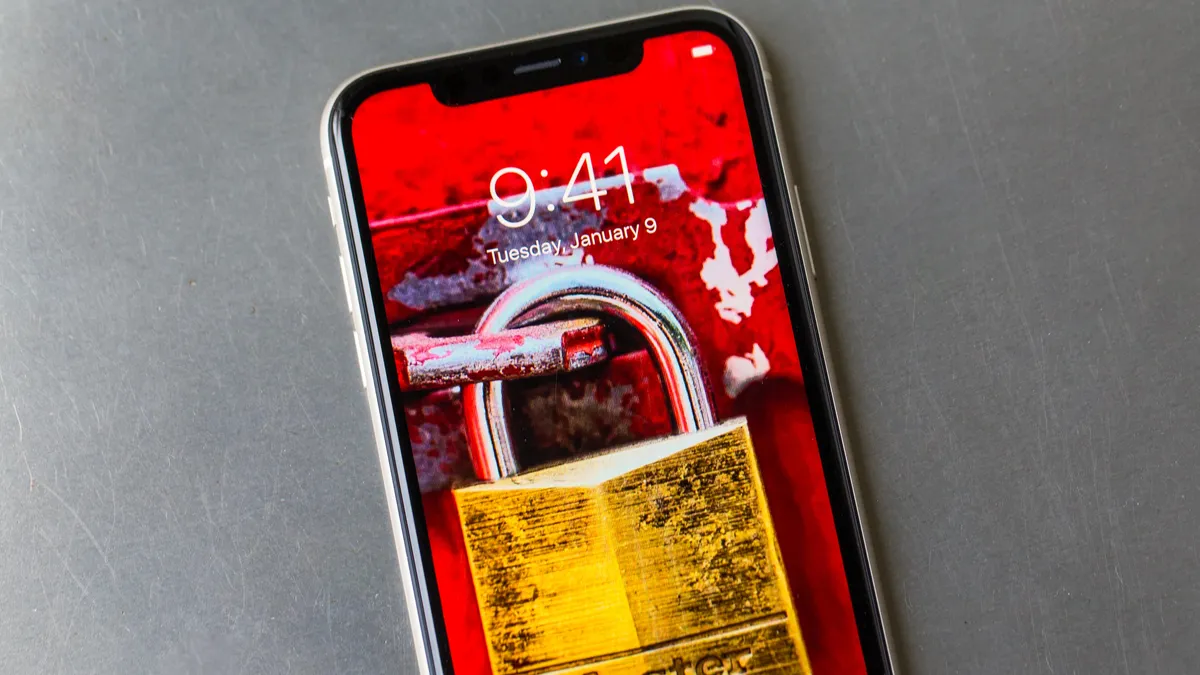
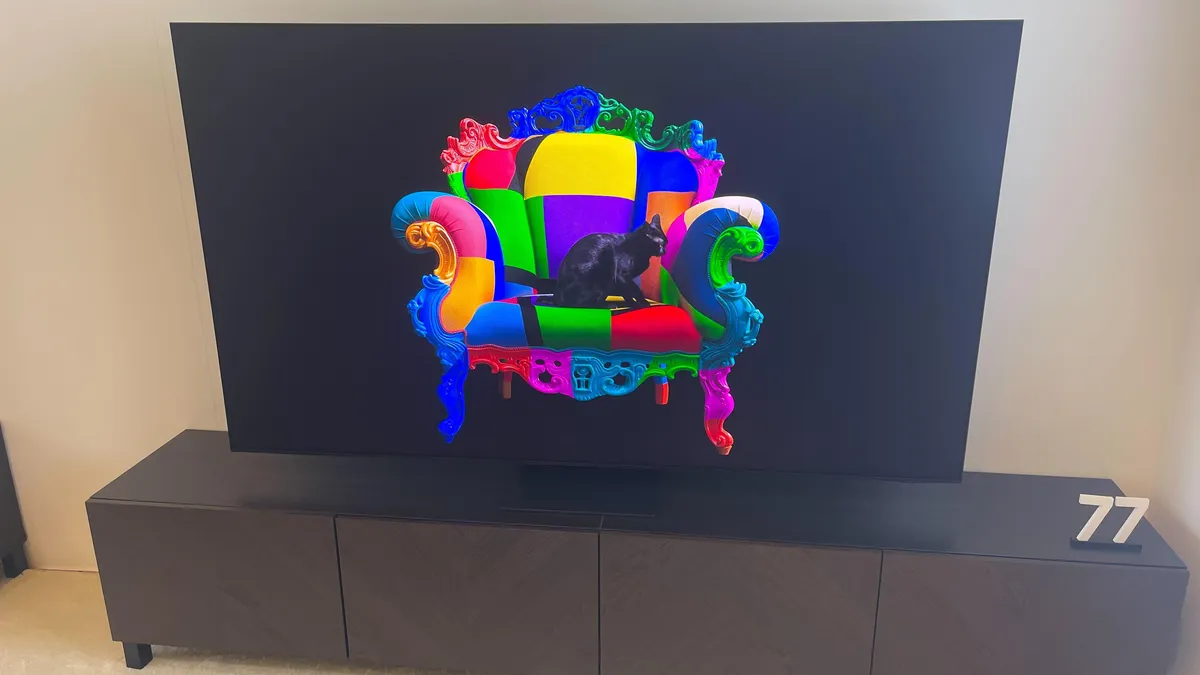

Nhận xét (0)